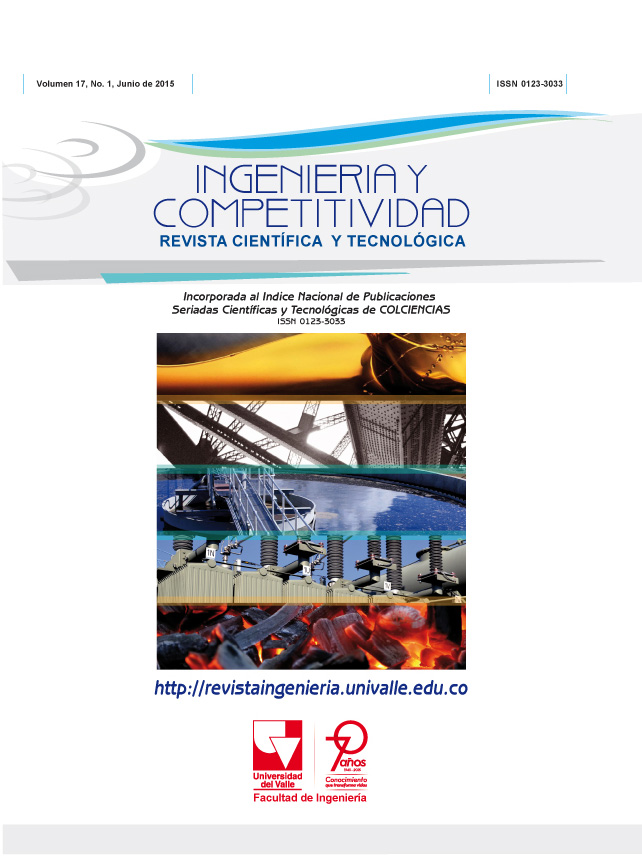La responsabilidad social empresarial y el modelo de excelencia EFQM como marco de integración de los sistemas de gestión en las organizaciones
Palabras clave:
Gestión sostenible integral, modelo de excelencia EFQM, responsabilidad social empresarial, sistemas de gestión.Contenido principal del artículo
La Responsabilidad Social Empresarial (RSE) es hoy un tema obligado en las organizaciones. Se empieza a reconocer que las empresas, además de producir bienes y servicios, son también responsables de los riesgos que generan, no sólo para sus trabajadores, sinopor la contaminación al medio ambiente. Ésta investigación se desarrolló con el propósito de definir un marco de integración para los sistemas de gestión en calidad, ambiental y salud ocupacional, tomando la RSE y el modelo de excelencia EFQM como base. Entre los resultados se tiene la generación de un modelo bajo los principios de la RSE y de indicadores con los cuales la gerencia pueda medir la madurez de su RSE. Con ello se propone que muestren su RSE, mediante las buenas acciones que una organización demuestre desde el punto de vista empresarial: no contaminación, respeto y preocupación por sus trabajadores, clientes y Stakeholders. Se proporciona, por tanto, a las organizaciones una justificación válida para incursionar en acciones de RSE, de tal manera que integrando este concepto en su estrategia básica y en su sistema de gestión global, serán más productivas y podrán convertirse en empresas competitivas y socialmente responsables con criterios de excelencia.
Downloads
Los autores que publican en esta revista están de acuerdo con los siguientes términos:
Los autores ceden los derechos patrimoniales a la revista y a la Universidad del Valle sobre los manuscritos aceptados, pero podrán hacer los reusos que consideren pertinentes por motivos profesionales, educativos, académicos o científicos, de acuerdo con los términos de la licencia que otorga la revista a todos sus artículos.
Los artículos serán publicados bajo la licencia Creative Commons 4.0 BY-NC-SA (de atribución, no comercial, sin obras derivadas).

